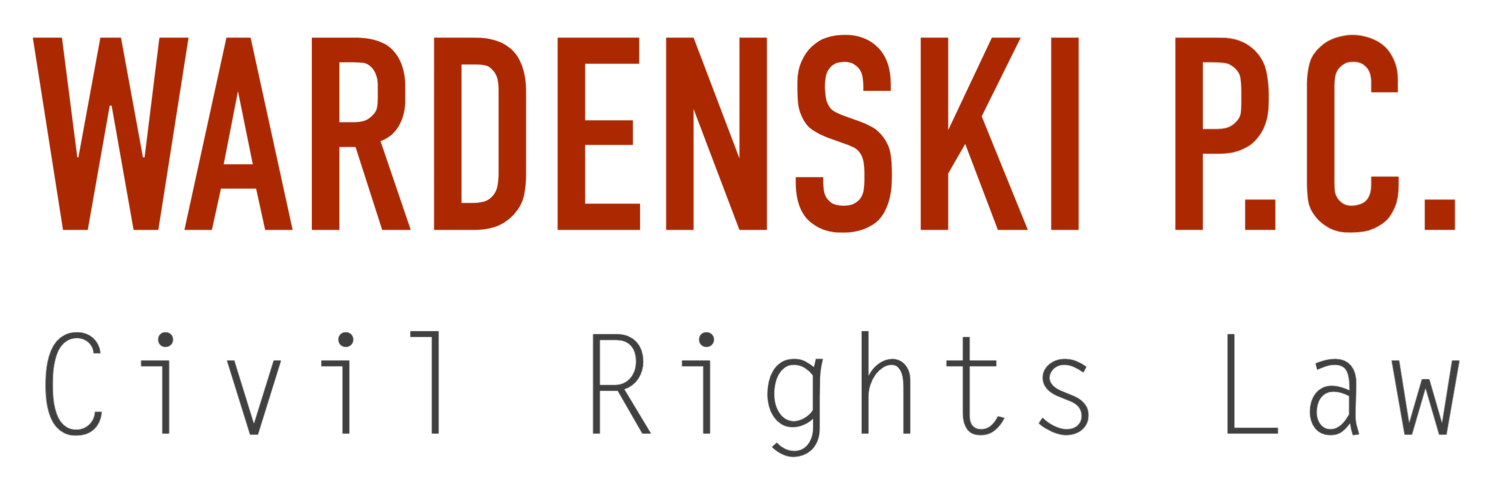Federal Court Rules that South Dakota Violated Native Voters’ Rights Under “Motor-Voter” Law
On May 26, a federal judge ruled in Rosebud Sioux Tribe v. Barnett that the State of South Dakota has committed numerous violations of the National Voter Registration Act (NVRA), commonly known as the “Motor-Voter” law.
In the May 26 decision granting summary judgment to plaintiffs on nearly all of their claims, Senior U.S. District Judge Lawrence Piersol held that South Dakota violated the NVRA’s mandate “to establish procedures that will increase the number of eligible citizens who register to vote” in multiple ways. The NVRA requires that state-run driver’s license offices and public assistance agencies provide voter registration services to their clients. The court’s ruling came just one week after it denied the State’s motion to dismiss in the case.
Plaintiffs — the Rosebud Sioux Tribe, Oglala Sioux Tribe, Lakota People’s Law Project, and two individual tribal members, Kimberly Dillon and Hoksila White Mountain — sued several South Dakota officials after an investigation uncovered rampant noncompliance with the NVRA across the state, particularly in Native communities.
The plaintiffs alleged that many South Dakota voters — and disproportionately the nine percent of the population who are Native — have faced impossible hurdles when attempting to register to vote through driver’s license offices or state-run public assistance offices. In the May 26 decision, the court agreed.
The court ruled that the South Dakota Department of Public Safety (DPS), the State’s driver’s licensing agency, violated Section 5 of the NVRA by:
failing to automatically update the voter registration addresses of voters who change their driver’s license address;
refusing to provide voter registration services to individuals who lack an existing driver’s license number or Social Security number;
failing to forward completed voter registration applications to county election officials in a timely way;
failing to properly train DPS employees, maintain agency-wide procedures, or conduct internal oversight of local DPS offices sufficient to ensure NVRA compliance; and
failing to ensure that driver’s license “issue sites” operated by other agencies under contract with DPS, which are common in Indian Country and other rural areas in South Dakota, provide voter registration services.
The court also held that the South Dakota Department of Social Services, which administers TANF, SNAP, Medicaid, and other public assistance programs, violated its obligations under the NVRA by:
failing to provide voter registration services to clients during certain transactions, including changes of address conducted by telephone, administrative renewals of Medicaid benefits, and six-month eligibility reports for TANF and SNAP recipients;
failing to submit voter registration applications completed at DSS to county election officials in a timely way; and
failing to adequately train DSS staff or monitor the agency’s compliance with its NVRA obligations.
Finally, the court held that South Dakota Secretary of State Steve Barnett, who as South Dakota’s chief election official is charged with coordinating the state’s compliance with the NVRA, “contributed to these failings” through inadequate oversight and training of the other agencies.
Joseph Wardenski of Wardenski P.C. represents plaintiffs as outside counsel to Demos. Plaintiffs are also represented by the Native American Rights Fund and Terry Pechota of the Pechota Law Office in Rapid City. Wardenski P.C.’s law clerk, Julio Castillo, provided invaluable assistance on the case.
Published Decision
Rosebud Sioux Tribe v. Barnett, 604 F. Supp. 3d 827 (D.S.D. 2022)
Key Documents
Memorandum and Order (5.26.2022)
Statement of Interest of the United States of America (4.26.2022)
Plaintiffs’ Reply Brief in Support of Motion for Summary Judgment (4.8.2022)
Plaintiffs’ Memorandum of Law in Support of Motion for Summary Judgment (2.9.2022)
Media
South Dakota ruled noncompliant with federal voter law (South Dakota Public Broadcasting | 5.31.2022)
South Dakota is not following federal voter registration laws, judge rules (Sioux Falls Argus Leader | 5.26.2022)
Earlier Posts
Federal Court Denies South Dakota’s Motion to Dismiss Voting Rights Case (5.21.2022)
